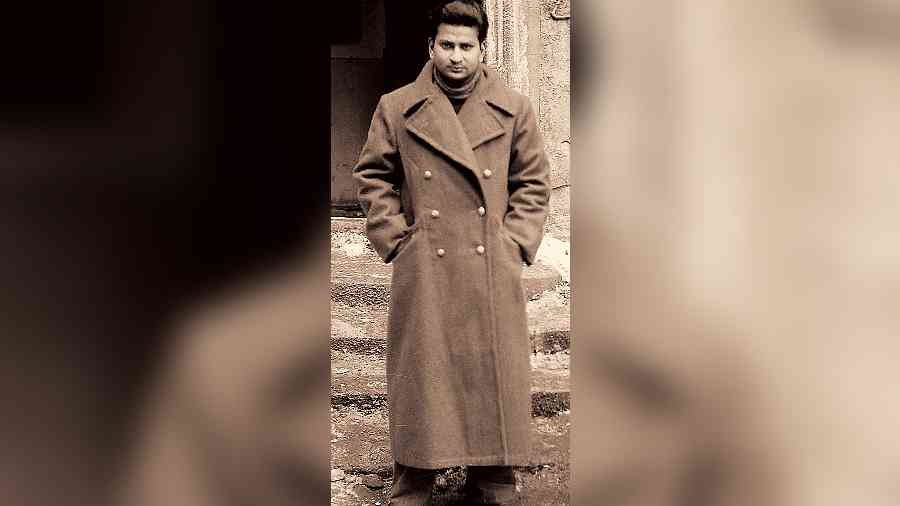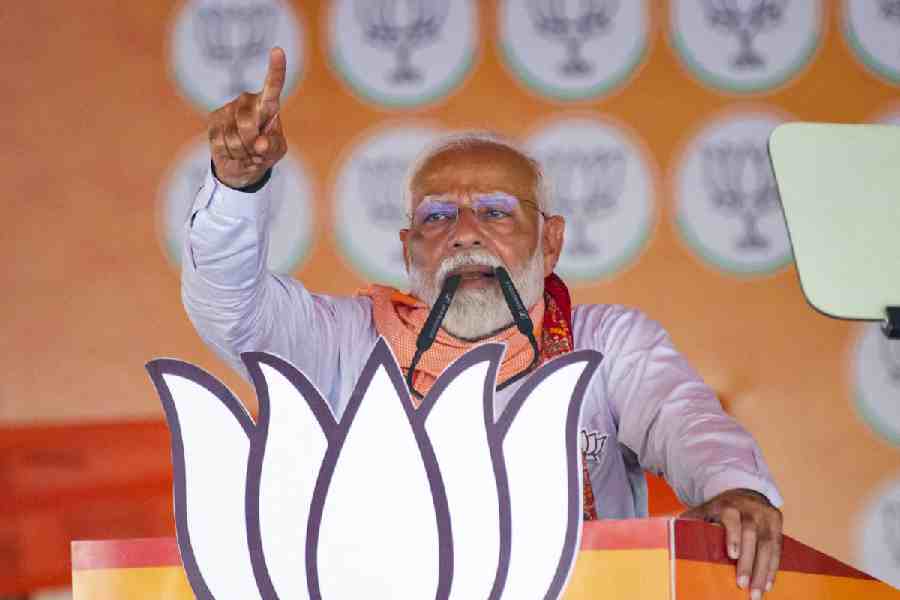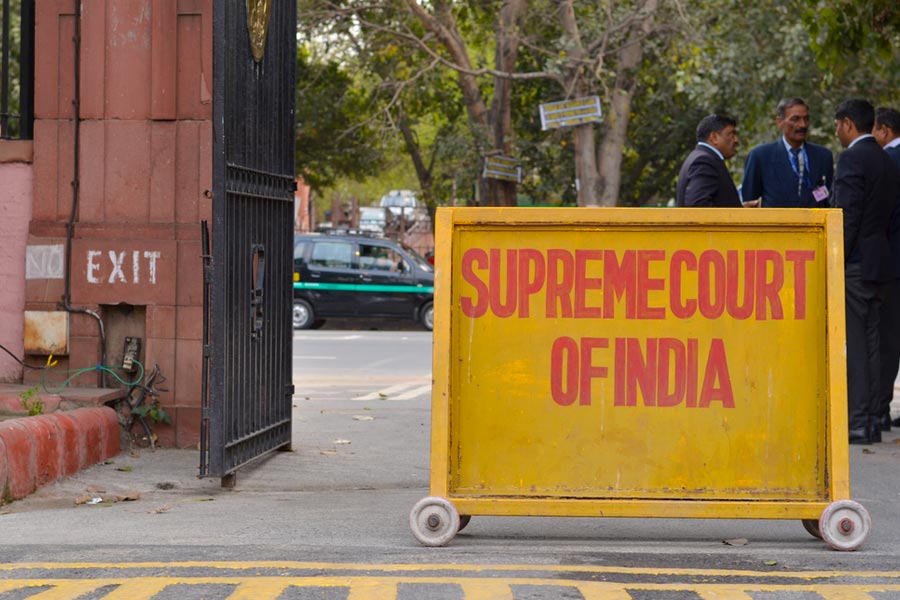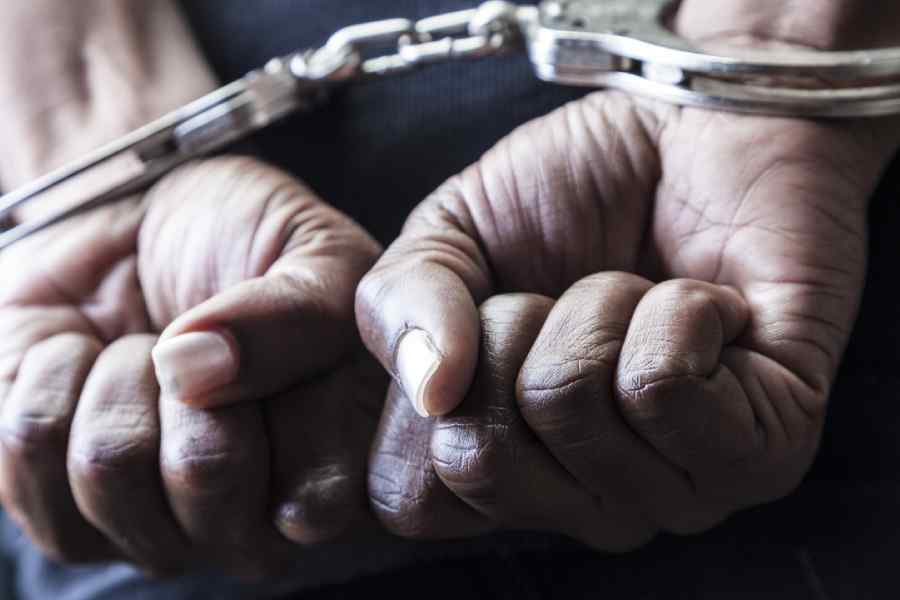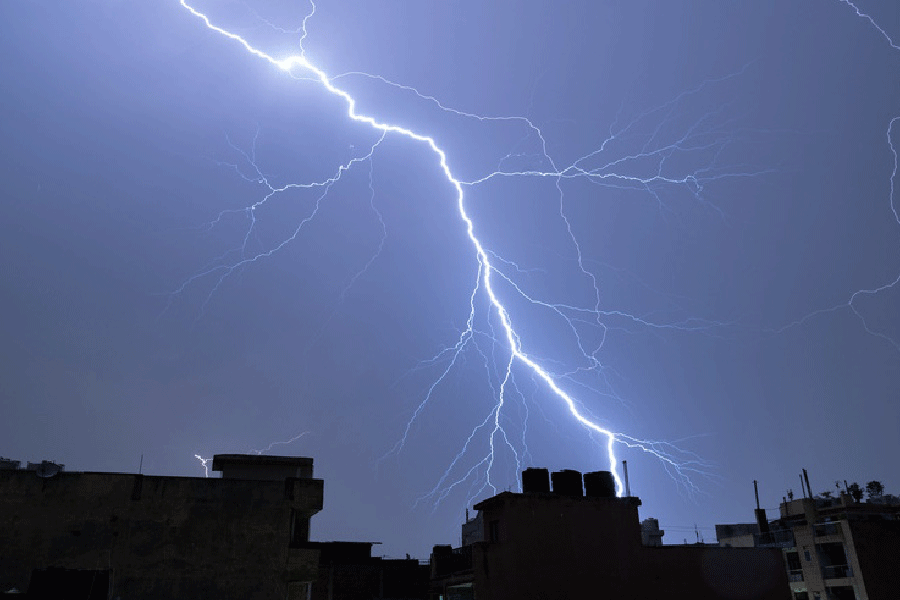Test of loyalty
Until I read Ben Macintyre’s new book, Prisoners of the Castle, I hadn’t heard of Captain Birendranath Mazumdar, a Bengali who was the only Indian officer in the British army during World War II. Macintyre tells me that what really shocked him was the racism to which Mazumdar was subjected by fellow officers when they were all held captive at Colditz, a castle where the Germans incarcerated Allied prisoners of war. He was nicknamed ‘Jumbo’ by the British officers, who made him endlessly cook curry and told him that the prisoners’ escape committee could not assist someone with brown skin. Mazumdar hero worshipped Subhas Chandra Bose but when the Germans arranged for him to meet Netaji, he refused to join the INA because of the oath of loyalty he had taken to King George VI. Mazumdar had come to Britain from Gaya in 1931, qualified as a doctor and joined the Royal Medical Corp in 1939 when war broke out. He escaped after four years as a prisoner but was treated with suspicion by the British intelligence. Nevertheless, he married and settled in Britain but before his death in 1996, he left taped accounts of his experiences, which Macintyre has transcribed. Macintyre also interviewed his widow, Joan, now 96, who confided: “Biren was my life. We got married on the first day of spring — April 21, 1953… From the moment he arrived [at Colditz], he wasn’t accepted. The senior officer was immediately racist and said, ‘With your colour scheme you can’t possibly escape.’ These were the days of empire, when the lowest menial worker felt superior to anyone with brown skin.”
Cool cats
The distinguished British artist, Lincoln Seligman, who is a frequent visitor to India, has been doing witty paintings of cheetahs for a long time, often as pampered pets seated next to their princely owners wearing brightly coloured turbans in opentopped sports cars. “I first saw a cheetah as a subject for painting in the wonderful work by Stubbs,” he tells me. “My own paintings are also usually to do with cheetahs that were kept for hunting. So their return to freedom in India is really worth celebrating — their beauty and sleek speed evident in every elegant muscle. I return to India early next year and very much hope to see one of the new arrivals from Namibia.” My mother used to tell us tales of tigers and other wild animals roaming the back garden of her home in the Goalpara village of Assam when she was a little girl. For my 21st, she urged me to visit Goalpara where I, too, was born. She asked me to look up Rahmansaheb, the village hunter, who was summoned whenever a tiger sneaked into someone’s shop or the paddy godown. By now a very old man, he greeted me in his front room where the walls were covered with the mounted heads of beasts he had been forced to shoot. Seeing me look over his shoulder, he said: “No need to count — there are 73 tigers and 13 cheetahs.” My relatives suggest he was probably referring to ‘cheetahbaghs’, the Bengali word for leopards.
Fraught ties
The flunkies who arranged the seating in Westminster Abbey for the Queen’s funeral had eccentric notions of protocol and relegated President Joe Biden 14 rows back till he was a dot lost in the crowd. Donald Trump claimed this was a calculated insult. All this may be a coincidence but the “special relationship” between Britain and the United States of America — a phrase uttered by Winston Churchill — appears to be under strain since Liz Truss became the UK prime minister. She has said she finds the expression “demeaning”, and also that her priority is a bilateral trade deal with India. The US has also warned Britain that there will be no deal if Truss harms Ireland by scrapping the Northern Ireland protocol. The UK is America’s closest ally, but the Irish have a powerful cross-party lobby in Washington.
Meet cute
The eminent Cambridge-based economist, Partha Dasgupta, has revealed how he met his wife, Carol, to the Annual Review of Resource Economics. Dasgupta, author of the landmark The Economics of Biodiversity: The Dasgupta Review, revealed that he met her “on a train from Cambridge to London, the 16:36 to Liverpool Street, on April 16, 1966. The compartment was nearly empty, and I found myself sitting opposite this young lady… We met the following weekend for a walk in the countryside near Cambridge and I told her we would one day get married to each other. She replied, ‘we will see,’ which I took to mean ‘yes’.” The couple were married two years later. “She had just turned 21 and I was 25 years old… We have three children, two girls and a boy, all now grown up and have children of their own.”
Footnote
Private Eye has made fun of King Charles III, who had to wait a very long time — 73 years to be precise — before ascending to the throne on the death of his mother, Queen Elizabeth II. The magazine’s front cover shows him greeting his subjects during a walkabout. “How long did you have to wait?” he asks someone. “Not as long as you!” comes the cheeky reply.

